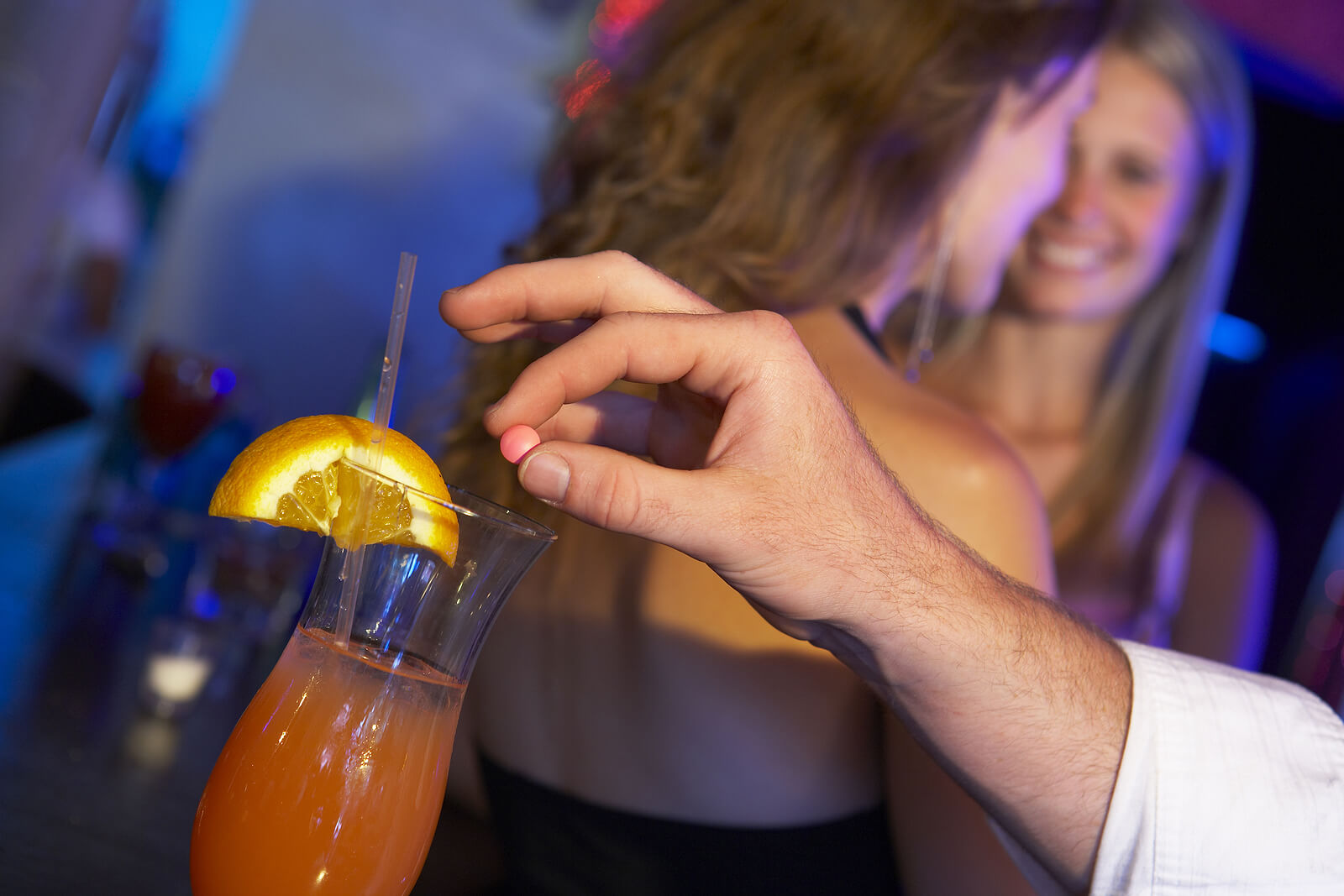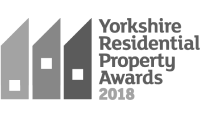Spiking is a serious crime that can happen anywhere — from bars and clubs to festivals and house parties. Whether it’s alcohol or drugs slipped into your drink or injected, spiking can have severe physical, mental, and legal consequences. It can even be fatal.
So, join us to learn more about spiking and how to protect yourself and your friends. We’ll cover the warning signs, what to do if you’re spiked, and practical steps to stay safe on a night out in Leeds.
What is spiking?
Spiking occurs when someone secretly gives alcohol or drugs to another person without their consent. Most of the time, it’s done through drinks or needles, but offenders also spike food.
Drugs linked to this crime include:
• benzodiazepines like flunitrazepam (Rohypnol)
• gamma-hydroxybutyrate (GHB)
• ketamine.
Sometimes offenders spike drinks for “fun”, to see how people react. In other cases, they use it as the first step to other crimes, like sexual assault or theft.
Bars and clubs are the most common locations, but there have also been many cases at student unions, restaurants, festivals, carnivals, and house parties.
A lot of people think spiking is only done by strangers. However, it’s typically done by someone the victim already knows, so it pays to stay alert.
Spiking and the law
In the UK, spiking is a criminal offence. If caught, offenders can face up to 10 years in prison. The sentence can be even longer if it leads to other crimes.
Who gets spiked?
Women are more often targeted, and people in the LGBTQIA+ community face almost double the risk compared to others. But the bottom line is, spiking can happen to anyone.
1.2 million UK adults reported that someone had spiked them in 2022. However, this crime is significantly underreported.
The symptoms of being spiked
The effects of spiking can appear within 15 minutes. They depend on the substance, the dose, your body weight and size, and how much alcohol you’ve already had.
Many people ask themselves, “Was I spiked or just drunk?” Some symptoms overlap with being drunk, but others are specific to this crime. Confusion, hallucinations, sudden blackouts, and feeling unusually unsteady are clear signs someone might have spiked your drink.
Watch out for these symptoms:
- Extreme fatigue: Feeling wiped out much sooner than usual.
- Nausea: Feeling sick early on in the evening.
- Vomiting: Being sick when you normally wouldn’t be.
- Abdominal pain: Your stomach hurting for no obvious reason.
- Lowered inhibitions: Acting completely unlike yourself.
- Poor coordination: Feeling wobbly or clumsier than normal.
- Dizziness: Feeling light-headed, off-balance, or like the world is spinning.
- Blurred vision: Struggling to see clearly.
- Confusion: Feeling disoriented or unable to think straight.
- Hallucinations or paranoia: Seeing or sensing things that aren’t real.
- Memory loss or blackouts: Forgetting parts of the night.
- Unconsciousness: Passing out unexpectedly.
How to tell if someone’s spiked your drink
It’s not always obvious if someone’s spiked your drink, but you can check for these visual signs:
- Excess fizzing.
- Fogginess.
- Sediment.
- Colour change.
- Ice sinking to the bottom of the glass.
What to do if you’ve been spiked
If you think that someone has spiked your drink or someone else’s, get help immediately. Stay with a trusted friend, and tell staff and security if you’re in a bar or nightclub.
Lone revellers can ask for Angela. Most bars train their staff to help in these situations, and asking for Angela discreetly signals that you need urgent assistance.
If you or someone else feels very unwell, showing one or more signs of spiking, call 999 immediately and ask for the police and an ambulance. Victims with a hearing or speech impairment can use the textphone service 18000 or, if registered, text 999 via the emergency SMS service. Keep hold of your drink, as the police can test it.
You can also tell the police about past incidents. They might not catch the perpetrator, but logs help track spiking, improve safety, and fight this crime.
Currently, around half of spiking incidents go unreported. Many victims think there’s no point if no other crime occurs, but they’re wrong. It’s a serious offence that can cause catastrophic harm, endanger life, and impact mental health.
How to prevent spiking
Spiking is the responsibility of the person doing it, not the victim. And society can play its part in preventing it, too. But there are steps you can take to reduce your risk.
General prevention tips
- Keep valuables low-key: Don’t flaunt cash or expensive items.
- Plan your way home: Stick to your original plan and never accept lifts from strangers.
- Watch your surroundings: Be aware of the people around you.
Drink spiking prevention advice
- Don’t leave drinks unattended: Take your drink with you or finish it before moving on. If you need the toilet, leave your drink with a trusted friend. Ideally, keep an eye on your drink at all times.
- Cover your drink: Keep it covered with your hand or use an anti-spiking drink cover. Many bars and student unions provide these for free.
- Buy your own drinks: Never accept drinks from strangers or share drinks. At house parties, avoid punch bowls and stick to unopened bottles or cans.
- Use drink testing kits: Testing strips or cards can check your drink if you’re worried about losing track.



